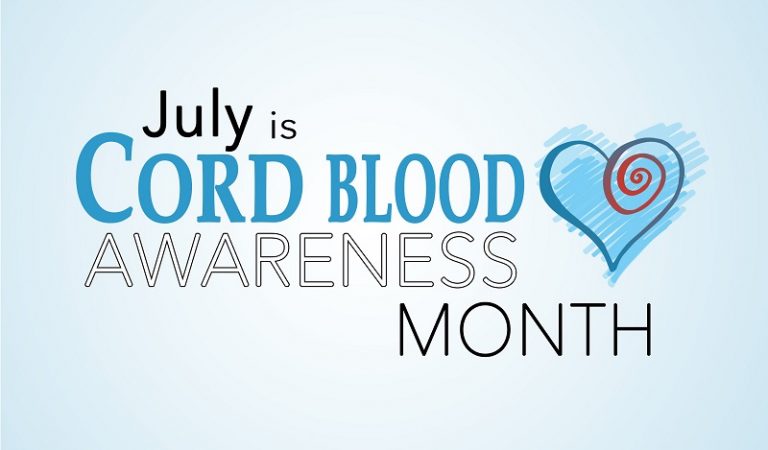Understanding the Zika Virus and Pregnancy

Understanding the Zika Virus and Pregnancy: Information to Protect You and Your Baby
You have probably heard mention of the Zika virus in news reports and online. This disease is primarily spread by a mosquito bite but can also be spread through sexual contact. Unborn babies whose mothers are infected may be born with birth defects.
When Is Zika Virus a Risk?
Zika virus poses a significant risk to women who are already pregnant. The Center for Disease Control (CDC) reported that the virus remains in the bloodstream for anywhere from a few days to a week. A baby conceived during that time will be at risk. Once the virus has left the bloodstream, there is no further risk for future pregnancies.
How to Prevent Zika
There is no vaccine to prevent a pregnant woman from contracting the Zika virus. The best way to avoid infection is to keep the mosquitoes away. The first step is using a mosquito repellent. The CDC recommends using products that contain IR3535, Picaridin, oil of lemon eucalyptus, or DEET.
Repellent should be sprayed after applying sunscreen and only on exposed, unbroken skin. Always reapply as often as recommended by the manufacturer. Other methods include:
- Wear long sleeves and pants to cover skin
- Remove standing water in and around your home
- Avoid traveling to or through infected regions
- Exercise indoors to prevent attracting mosquitoes with body heat and carbon dioxide
If you have questions about the Zika virus and your pregnancy, contact your OBGYN. They can provide advice and make recommendations to help keep you and your baby safe.
If you are attempting to conceive or are already pregnant, please visit the CDC (Centers for Disease Control and Prevention) website regarding where not to travel.





